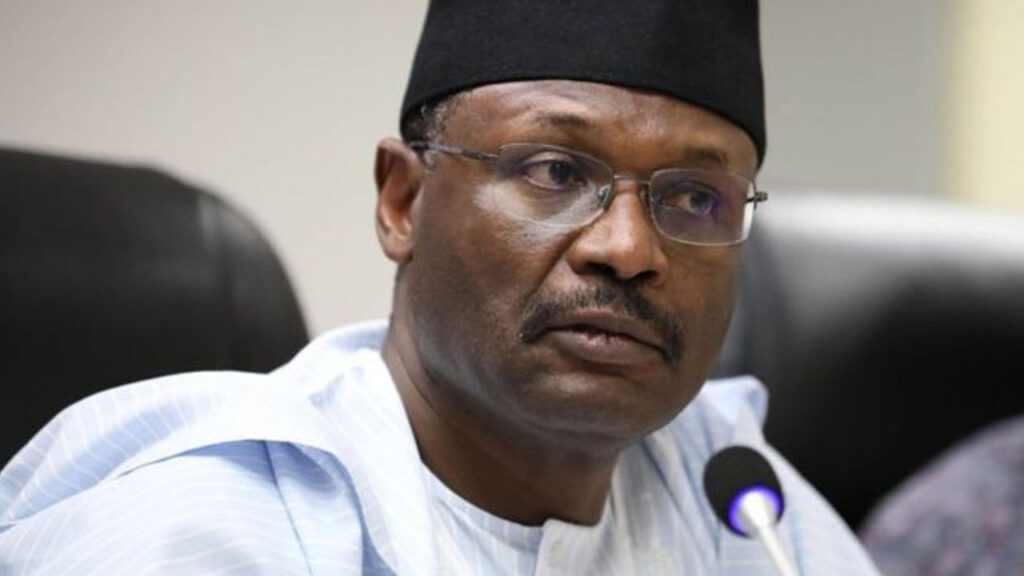
WHO says pandemic burden still on women, two years on
A new report has exposed how the commercialisation of healthcare in Nigeria undermined responses to Coronavirus Disease (COVID-19).
The report, entitled The Failure of Commercialised Healthcare in Nigeria During The COVID-19 Pandemic: Discrimination and Inequality in The Enjoyment of Right to Health, lamented the harmful impact of commercialised healthcare on Nigerians’ right to health.
It was unveiled, yesterday, by Global Initiative for Economic, Social and Cultural Rights (GI-ESCR), in partnership with Justice and Empowerment Initiatives (JEI) and Corporate Accountability & Public Participation Africa (CAPPA).
In the same vein, ahead of the International Women’s Day (IWD), a new World Health Organisation (WHO) analysis has found that women’s health services are far from being fully restored, with 40 per cent of African countries reporting disruptions to sexual, reproductive, maternal, newborn, child and adolescent health services.
The GI-ESCR report also explained how government policies and international development actors encouraged the growth of private and commercial healthcare since the late 1980s, especially after the Structural Adjustment Programme (SAP) of the General Ibrahim Babangida (rtd) regime.
Authored by GI-ESCR and JEI, the report revealed that, more recently, successive policies listed the creation of an enabling environment for Public-Private Partnerships (PPPs) and private sector engagement in healthcare between 2004 and 2018.
“The National Strategic Health Development Plan (2018-2022) sets out as a goal the promotion of public-private partnerships in healthcare. As a result, an estimated 60 per cent of healthcare services are provided by the private sector, among the largest shares in Sub-Saharan Africa. But this highly commercialised system has largely failed to cope with COVID-19.”
Executive Director of CAPPA, Akinbode Oluwafemi, who spoke in company of Enyo Okoko of JEI and Rosella De Falco of GI-ESCR, canvassed increased government funding for the health sector with 15 per cent of budgetary allocations to meet the Abuja commitment and expand the availability of quality, well-coordinated public healthcare services.
The trio advocated a reversal of the policies encouraging higher for-profit private sector engagement in healthcare, and ensure that all healthcare providers were strictly monitored and regulated at all levels, as well as take concrete steps to ensure universal access to social healthcare insurance or another pre-pooled financing scheme.
MEANWHILE, the WHO Global Pulse Survey on Continuity of Essential Health Services during the pandemic, carried out between November and December 2021, shows that majority of the 36 African countries that provided full data reported up to 25 per cent disruption of services. The extent of the disruption remained largely unchanged from the first quarter of 2021.
Another WHO survey in 11 African countries found that maternal deaths in health facilities of six countries rose by 16 per cent, on the average between February and May 2020 compared with the same period in 2019. The figure dropped slightly in 2021 to 11 per cent. However, the estimate is likely to be far higher as maternal deaths tend to occur mostly at home rather than in health facilities. Data show that facility-based births reduced in 45 per cent of countries between November and December 2021 compared with the pre-pandemic period.
WHO Regional Director for Africa, Dr. Matshidiso Moeti, during a virtual press conference, yesterday, said: “Two years on, the COVID-19 burden still weighs heavily on women. Africa’s mothers and daughters are struggling to access the health care they need. The pandemic’s disruptive force will be felt by women for many years to come.
“Countries must look beyond short-term measures to restore services to pre-pandemic levels and make major investments for stronger systems capable of withstanding health emergencies while ensuring continuity of key services.”













